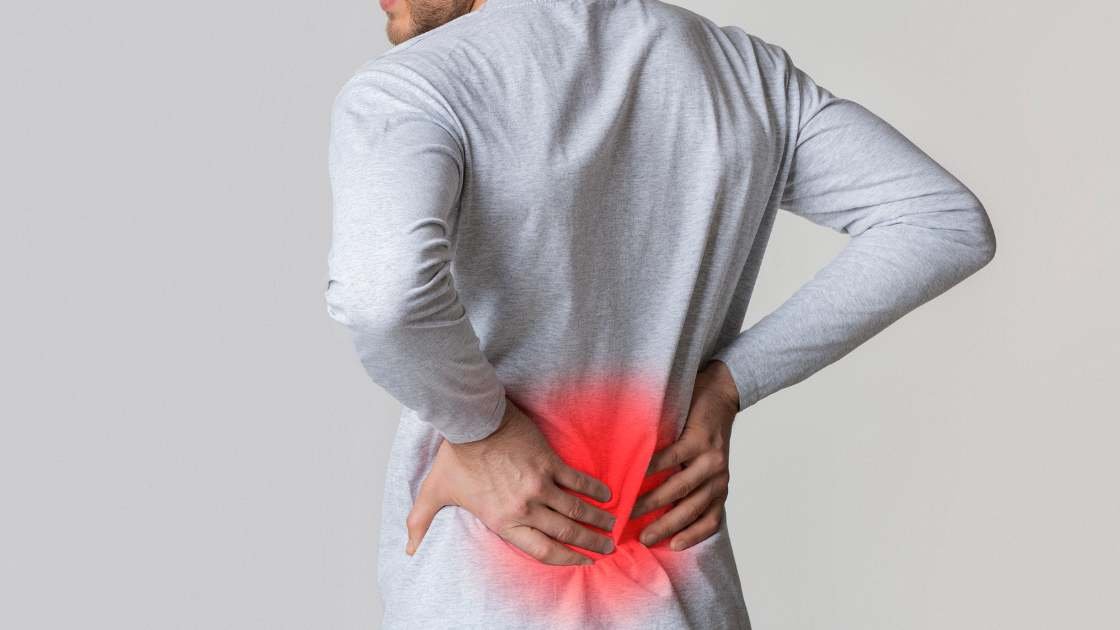“8 Signs of Kidney Stones: Symptoms to Watch For and Treat”

Kidney stones signs are crucial for early detection and effective management of these painful conditions. Kidney stones, also known as renal calculi, can cause severe discomfort and lead to serious health complications if left untreated. Understanding the signs of kidney stones helps in identifying the condition early and seeking appropriate medical care. This comprehensive guide delves into the key signs of kidney stones, how to recognize them, and what steps to take if you experience these signs.
What Are Kidney Stones?
Kidney stones are hard, mineral-rich deposits that form in the kidneys. They can vary in size and shape and may remain small or grow larger over time. When these stones move through the urinary tract, they can cause intense pain and discomfort. The signs of kidney stones often become apparent when the stones begin to obstruct or irritate the urinary tract.

Common Signs of Kidney Stones
Recognizing the signs of kidney stones is essential for prompt treatment. Here are the most common symptoms associated with kidney stones:
- Severe Pain: One of the most telling signs of kidney stones is sudden and severe pain, often described as colicky. This pain usually originates in the lower back or side and can radiate to the lower abdomen and groin. The pain can be intermittent or constant and may vary in intensity.
- Painful Urination: Kidney stones can cause a burning sensation or pain during urination. This discomfort, known as dysuria, occurs because the stones may irritate the lining of the urinary tract as they pass through.
- Frequent Urination: Individuals with kidney stones might experience an increased urge to urinate. This frequent need to urinate often occurs as the body tries to clear the obstruction caused by the stones.
- Blood in Urine: ematuria, or the presence of blood in the urine, is another significant sign of kidney stones. The urine may appear pink, red, or brown, indicating that the stones are causing bleeding or irritation in the urinary tract.
- Cloudy or Foul-Smelling Urine: Urine that appears cloudy or has a strong, unpleasant odor can be a sign of kidney stones. This change in urine quality often indicates an infection or inflammation caused by the stones.
- Nausea and Vomiting:Kidney stones can lead to gastrointestinal symptoms such as nausea and vomiting. These symptoms often occur due to the body’s reaction to the intense pain or as a secondary effect of kidney stones obstructing the urinary tract.
- Flank Pain: Flank pain, or pain in the side of the body between the ribs and the hip, is a common symptom of kidney stones. This pain is typically located in the area of the kidney and can be severe or crampy.
- Fever and Chills: If a kidney stone causes an infection, you may experience fever and chills. These systemic symptoms are usually accompanied by other signs of infection and require immediate medical attention.
When to Seek Medical Help
If you experience any of the signs of kidney stones, it is important to seek medical attention promptly. While small stones may pass on their own with minimal intervention, larger stones or those causing significant symptoms may require medical treatment.
- Severe Pain: If the pain becomes unbearable or doesn’t improve with over-the-counter pain medications, consult a healthcare provider.
- Difficulty Urinating: If you are unable to urinate or experience severe discomfort while urinating, seek medical advice.
- Blood in Urine: Persistent blood in the urine warrants a medical evaluation to determine the cause and appropriate treatment.
- Fever and Chills: These symptoms could indicate a kidney infection, which requires immediate medical attention.
Diagnostic Methods
To diagnose kidney stones and evaluate their impact, healthcare providers may use several diagnostic methods:
- Imaging Tests:
- CT Scan: A CT scan is highly effective in detecting kidney stones and assessing their size and location.
- Ultrasound: An ultrasound is a non-invasive method used to visualize stones, particularly useful for pregnant women or those who cannot undergo a CT scan.
- X-rays: Plain abdominal X-rays can detect certain types of kidney stones but may miss stones that do not show up on X-rays.
- Urinalysis: A urine test can reveal signs of infection, blood, or crystals, providing clues about the presence of kidney stones.
- Blood Tests: Blood tests can help identify any issues related to kidney function and check for elevated levels of minerals that might contribute to stone formation.
Treatment Options for Kidney Stones
Treatment for kidney stones depends on their size, type, and symptoms:
- Pain Management: Over-the-counter pain relievers like ibuprofen or acetaminophen can help manage mild to moderate pain. For severe pain, stronger prescription medications may be required.
- Hydration: Increasing fluid intake helps flush out small stones and reduces the risk of new stones forming. Drinking plenty of water is crucial in managing and preventing kidney stones.
- Medications: Certain medications can help relax the muscles in the urinary tract, making it easier for stones to pass. Others may help dissolve specific types of stones.
- Medical Procedures:
- Extracorporeal Shock Wave Lithotripsy (ESWL): This non-invasive procedure uses shock waves to break stones into smaller fragments that can be passed more easily.
- Ureteroscopy: A thin tube with a camera is inserted through the urethra and bladder to locate and remove or break up the stones.
- Percutaneous Nephrolithotomy: This minimally invasive surgery involves making a small incision in the back to remove large stones directly from the kidney.
- Surgical Intervention: In cases where other treatments are ineffective, surgery may be necessary to remove large stones or those causing severe complications.
Prevention of Kidney Stones
Preventing kidney stones involves lifestyle and dietary changes to reduce the risk of formation:
- Stay Hydrated: Drink plenty of water daily to help dilute urine and prevent stone formation.
- Limit Salt Intake: Reducing dietary salt can help decrease the amount of calcium in urine, reducing the risk of calcium-based stones.
- Maintain a Balanced Diet: Consume a diet rich in fruits, vegetables, and whole grains, and limit high-oxalate foods like spinach and nuts.
- Monitor Calcium Intake: Ensure adequate calcium intake through diet or supplements, as insufficient calcium can lead to increased oxalate absorption and stone formation.
Conclusion
Recognizing and understanding the signs of kidney stones is essential for early diagnosis and effective treatment. From severe pain and painful urination to nausea and blood in the urine, these symptoms indicate the presence of kidney stones and warrant medical evaluation. By being aware of these signs and taking preventive measures, you can manage kidney stones effectively and reduce the risk of future occurrences. If your signs of kidney stones are severe or don’t improve, don’t wait—schedule an appointment at Lux Hospital for expert care and treatment. We focus on your comfort and well-being first.
Frequently Asked Questions
The most common early signs include sudden severe back or side pain, painful urination, frequent urination, and sometimes blood in the urine.
Yes, small stones (usually less than 5 mm) often pass naturally with increased hydration and pain management. Larger stones may need medical intervention.
Diagnosis usually involves imaging tests like CT scans, ultrasounds, or X-rays, along with urinalysis and blood tests to detect stones or underlying issues.
It’s best to limit high-salt foods, sugary drinks, and high-oxalate foods like spinach, nuts, and chocolate. Staying hydrated is key to prevention.
If you experience unbearable pain, fever with chills, blood in urine, or difficulty urinating, seek immediate medical attention as these may indicate complications.




















